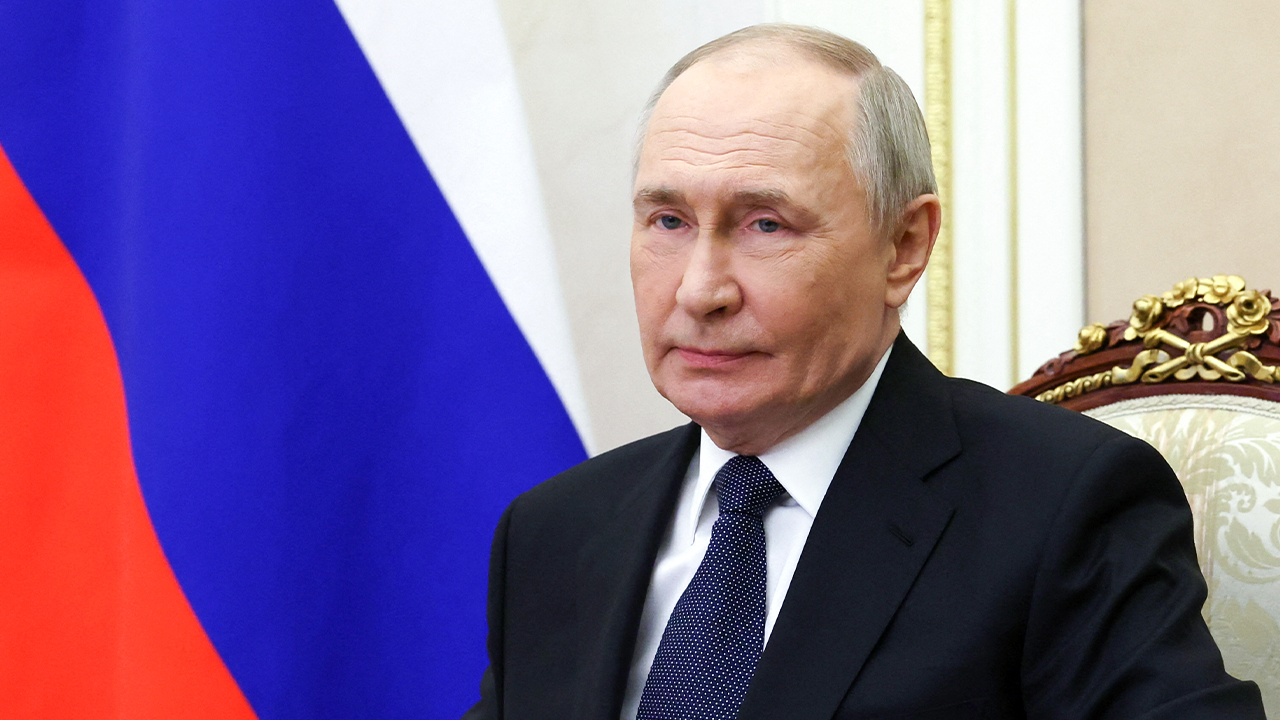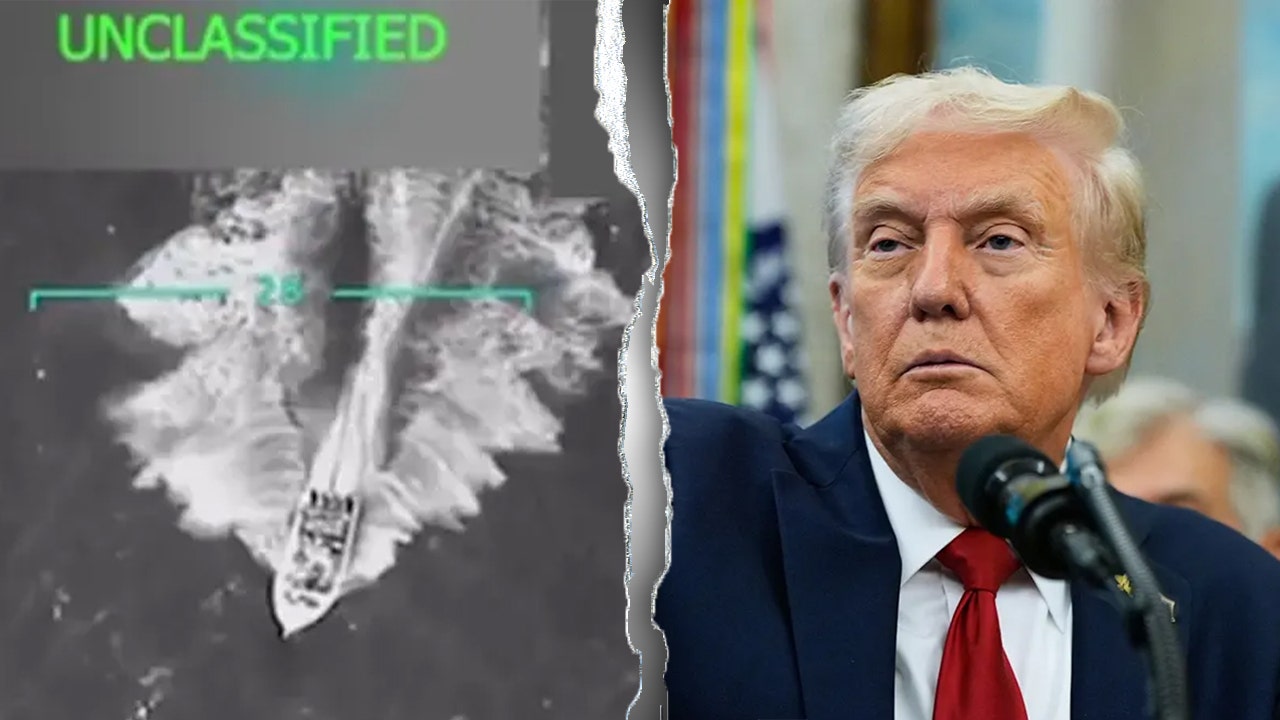Losing Donbas leaves Kyiv more exposed to Moscow’s economic grip

Ukrainian President Zelenskyy Firmly Rejects Proposals to Concede Land to Russia
Ukrainian President Volodymyr Zelenskyy has firmly rejected proposals to concede land to Russian President Vladimir Putin, particularly the hotly-contested Donbas region.
The Donbas, which includes Donetsk and Luhansk oblasts, is Ukraine’s industrial heartland where coal mining and steel production are the main drivers of economic growth. Ultimately, control of the region’s mines and factories would hand Moscow powerful leverage over Kyiv’s post-war economic survival.
‘OUR POSITION IS CLEAR:’ ZELENSKYY AND EU DISMISS CEDING UKRAINIAN LAND TO RUSSIA
“Donbas offers both a military advantage and significant economic resources, making it a high-value target for the Kremlin,” explained Elina Beketova, a fellow with the Democratic Resilience Program at the Center for European Policy Analysis.
“The Donbas alone holds vast reserves of coal – especially anthracite, crucial for energy and metallurgy,” Beketova said. “Of 114 mines in Donetsk region, only 15 remain functional,” she pointed out, as many have been flooded, destroyed, or left inoperable by the war.
Coal tells only half the story.
Perhaps the crown jewel is salt: the Soledar salt mines, with an estimated 4.5 billion tons of rock salt—making it the largest reserve in Europe. These mines and the Artyomsol plant, Europe’s largest salt producer, fell to Russian forces in 2022.
Beketova underscored that, in the long term, natural gas could be the most strategically important resource in the region.
“The region includes the Yuzivka gas field in Donetsk and Kharkiv oblasts, with potential reserves of up to 4 trillion cubic meters—a direct challenge to Russian energy dominance, and likely another reason why Moscow wants full control of the area.”
RUSSIA MAY GAIN UKRAINE’S FERTILE, RESOURCE-RICH TERRITORY AS TRUMP PROPOSES LAND SWAP
“Beyond coal, salt, and gas, the occupied territories of Donbas—as well as neighboring Zaporizhzhia and Kherson—are also rich in gypsum, chalk, marble, granite, sand, and clay,” Beketova said.
Russian forces currently occupy approximately one-fifth of Ukraine’s territory, primarily in the eastern and southeastern regions, including large swaths of Luhansk, Donetsk, Zaporizhzhia and Kherson. These areas have been under partial or full Russian control at various points over the course of the Kremlin’s war.
For Kyiv, the Donbas is more than contested ground—it is an economic lifeline, whose coal, salt, and gas reserves could help bankroll recovery in a country already burdened with enormous post-war debts.
The most recent joint assessment by the United Nations, World Bank, European Commission, and Ukrainian government estimates that Kyiv faces $524 billion in post-war reconstruction over the next decade.
Of the total long-term reconstruction and recovery needs, housing accounts for the largest share at nearly $84 billion, followed by $78 billion needed for the transportation industry and $68 billion for the energy sector.
Zelenskyy told reporters at the European Commission on Sunday that Putin has repeatedly tried and failed to seize the entirety of the Donbas region in eastern Ukraine for a period of 12 years.
Grace Mappes, an analyst at the Institute for the Study of War, noted that conceding the region would also mean relinquishing Ukraine’s “fortress belt,” the fortified defensive line in Donetsk Oblast since 2014.
“After trying and failing to occupy this strategically vital terrain for over a decade, Putin is now demanding that Ukraine concede this critical defensive position, which Russian forces currently have no means of rapidly enveloping or penetrating, apparently in exchange for nothing and with no guarantee that fighting will not resume.”
Mappes added that Ukraine’s substantial investment in reinforcing its “fortress belt” with defensive structures, logistics hubs, and defense industrial facilities, underscores its central role in the country’s military resilience.
“Putin’s proposal is not a compromise, rather a ploy to avoid the years-long, bloody campaign that would be necessary to seize the fortress belt and the rest of Donetsk militarily,” she added.
The Importance of Donbas: Economic Resources and Strategic Significance
The Donbas region in Ukraine is not only rich in natural resources such as coal, salt, and gas, but it also holds strategic importance for both Kyiv and Moscow. The ongoing conflict over control of this territory reflects the larger geopolitical tensions between Ukraine and Russia.
Challenges and Opportunities for Ukraine
As Ukraine faces the daunting task of post-war reconstruction and economic recovery, the Donbas region remains a critical piece of the puzzle. The decision to reject proposals to concede land to Russia is a bold stance by President Zelenskyy, signaling Ukraine’s determination to protect its sovereignty and economic interests.
The Road Ahead
With ongoing diplomatic efforts and international support, Ukraine continues to navigate the complexities of rebuilding a nation torn apart by war. The resilience and determination of the Ukrainian people, coupled with strategic decision-making at the highest levels of government, will shape the future of the country and its relationship with neighboring powers.




